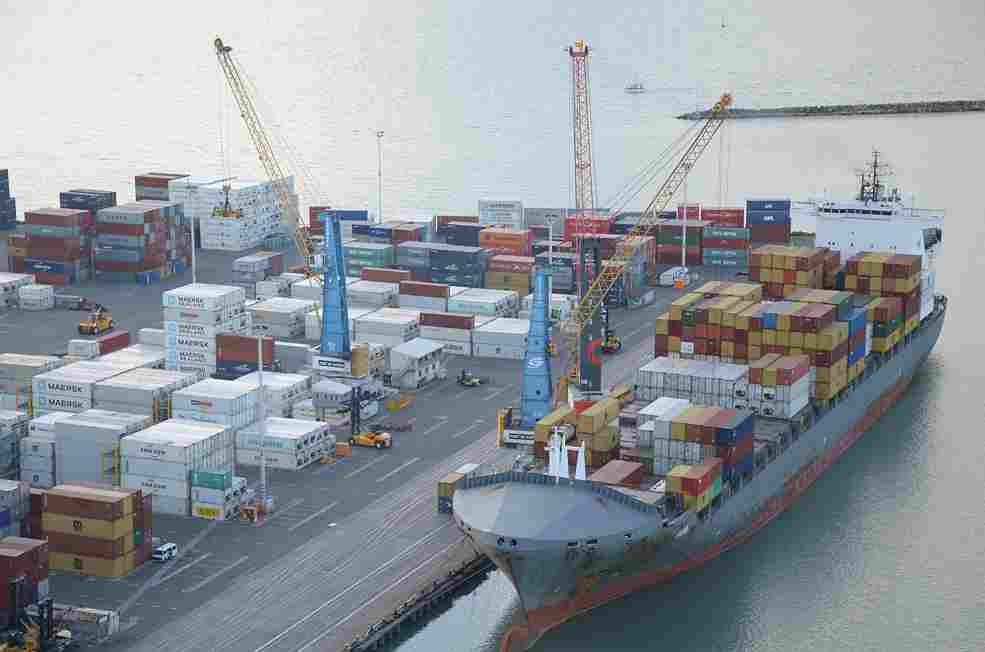
The Role of Research and Development in Bunker Fuel Advancements
In the realm of maritime transport, bunker fuel stands as a cornerstone of global commerce, powering vessels that traverse the world’s oceans. As environmental regulations tighten and sustainability becomes paramount, the role of research and development (R&D) in advancing bunker fuel has never been more crucial. This article explores how R&D initiatives are driving innovations in bunker fuel, enhancing efficiency, reducing emissions, and shaping the future of maritime energy solutions.
Evolution of Bunker Fuel Research and Development
Historically, bunker fuel was primarily chosen for its cost-effectiveness and availability, with minimal consideration for its environmental impact. However, the landscape has shifted dramatically in recent decades:
- Environmental Imperatives: Rising concerns over air pollution, greenhouse gas emissions, and their impact on climate change have prompted regulatory bodies to impose stringent standards, such as those outlined in MARPOL Annex VI.
- Technological Advancements: Innovations in fuel refining, combustion efficiency, and emission control technologies have opened new avenues for developing cleaner, more sustainable bunker fuel options.
Key Focus Areas of R&D in Bunker Fuel
- Emission Reduction Technologies:
- Sulfur Oxide (SOx) Scrubbers: Installation of exhaust gas cleaning systems (EGCS) onboard vessels to remove sulfur oxides from emissions, enabling compliance with low-sulfur fuel regulations.
- Selective Catalytic Reduction (SCR): Application of SCR systems to reduce nitrogen oxide (NOx) emissions by converting them into harmless nitrogen and water through chemical reactions.
- Alternative Fuels and Energy Sources:
- Liquefied Natural Gas (LNG): Exploration of LNG as a viable alternative to traditional bunker fuels, offering significant reductions in sulfur and particulate matter emissions.
- Biofuels: Development of bio-based bunker fuels derived from renewable sources like algae or waste oils, aiming to achieve carbon neutrality and reduce dependency on fossil fuels.
- Fuel Efficiency Improvements:
- Fuel Additives: Research into additives that enhance fuel stability, combustion efficiency, and lubrication properties, optimizing engine performance and prolonging machinery lifespan.
- Hybrid and Electric Propulsion: Integration of hybrid-electric and fully electric propulsion systems in maritime vessels to minimize fuel consumption and emissions during operations.
Collaborative Initiatives and Partnerships
R&D efforts in the bunker fuel sector thrive on collaboration among industry stakeholders, research institutions, and governments:
- Public-Private Partnerships: Joint ventures between maritime companies, fuel suppliers, and academic institutions to fund R&D projects and pilot innovative technologies.
- Industry Forums and Conferences: Participation in international forums and conferences to share research findings, exchange best practices, and foster innovation in sustainable bunker fuel solutions.
- Government Support: Financial incentives, grants, and regulatory frameworks that encourage R&D investments in clean energy technologies and emissions reduction strategies.
Future Outlook and Challenges
Looking ahead, the future of bunker fuel R&D is poised for transformative advancements:
- Regulatory Compliance: Continued evolution of international regulations and emission standards necessitates ongoing R&D to develop compliant and sustainable bunker fuel options.
- Technological Innovation: Harnessing AI, machine learning, and big data analytics to optimize fuel efficiency, predict fuel consumption patterns, and enhance operational decision-making.
- Market Adoption: Overcoming economic and logistical barriers to scale up production and adoption of alternative bunker fuels, ensuring cost competitiveness and availability.
Conclusion
Research and development plays a pivotal role in driving innovation and sustainability in the bunker fuel industry. By prioritizing collaborative R&D efforts, investing in technological advancements, and embracing regulatory compliance, stakeholders can accelerate the transition towards cleaner, more efficient bunker fuel solutions. As global maritime transport continues to evolve, R&D initiatives will be instrumental in shaping a sustainable future where bunker fuel meets both environmental standards and operational demands, ensuring a resilient and responsible maritime industry for generations to come.




